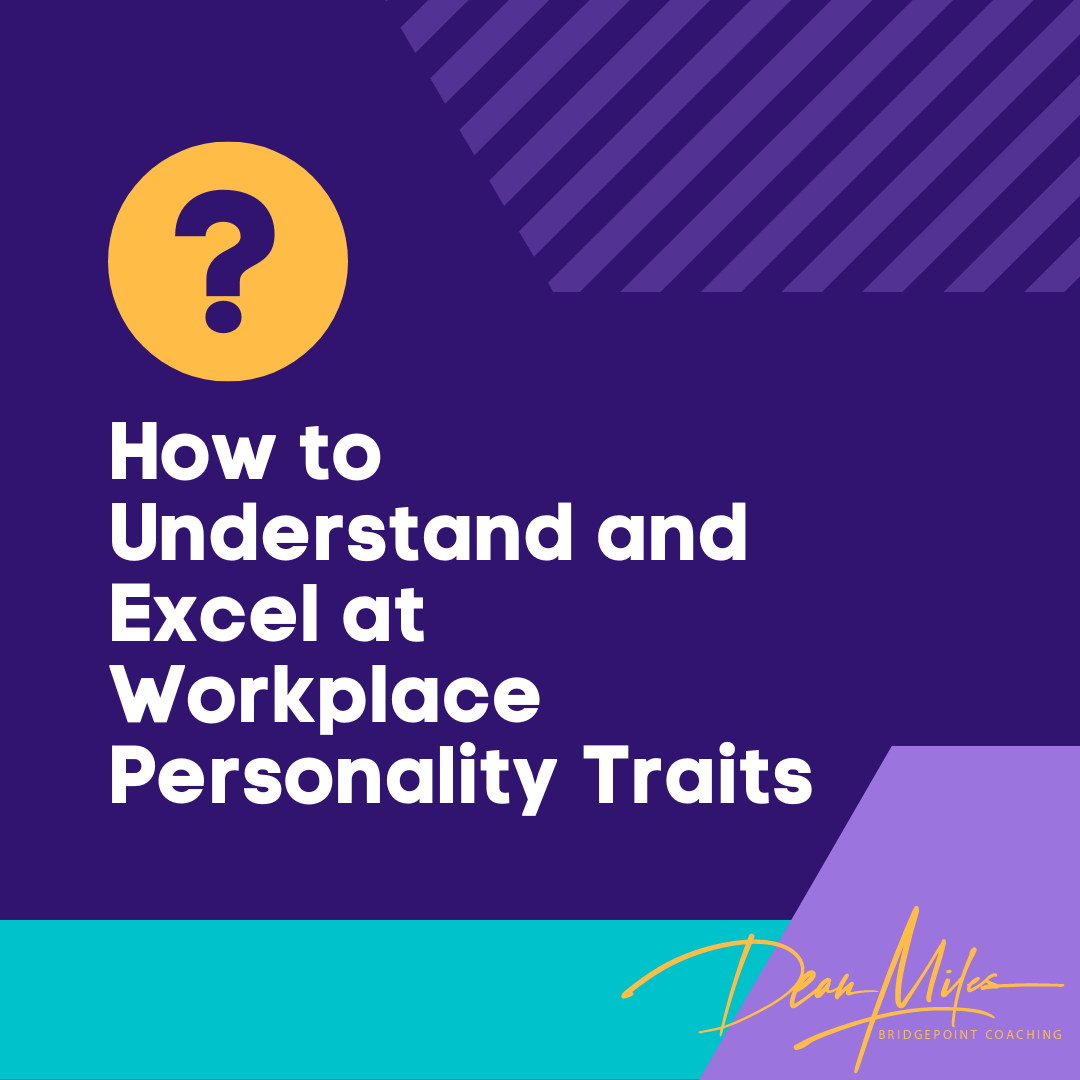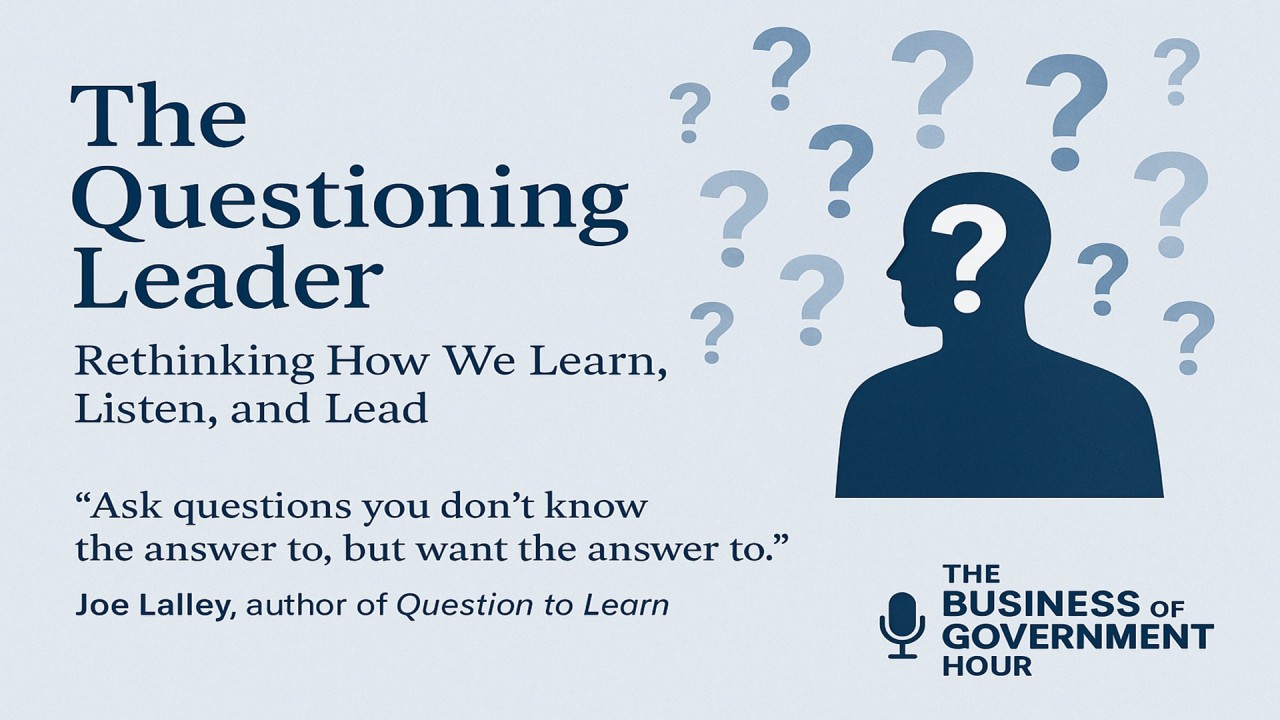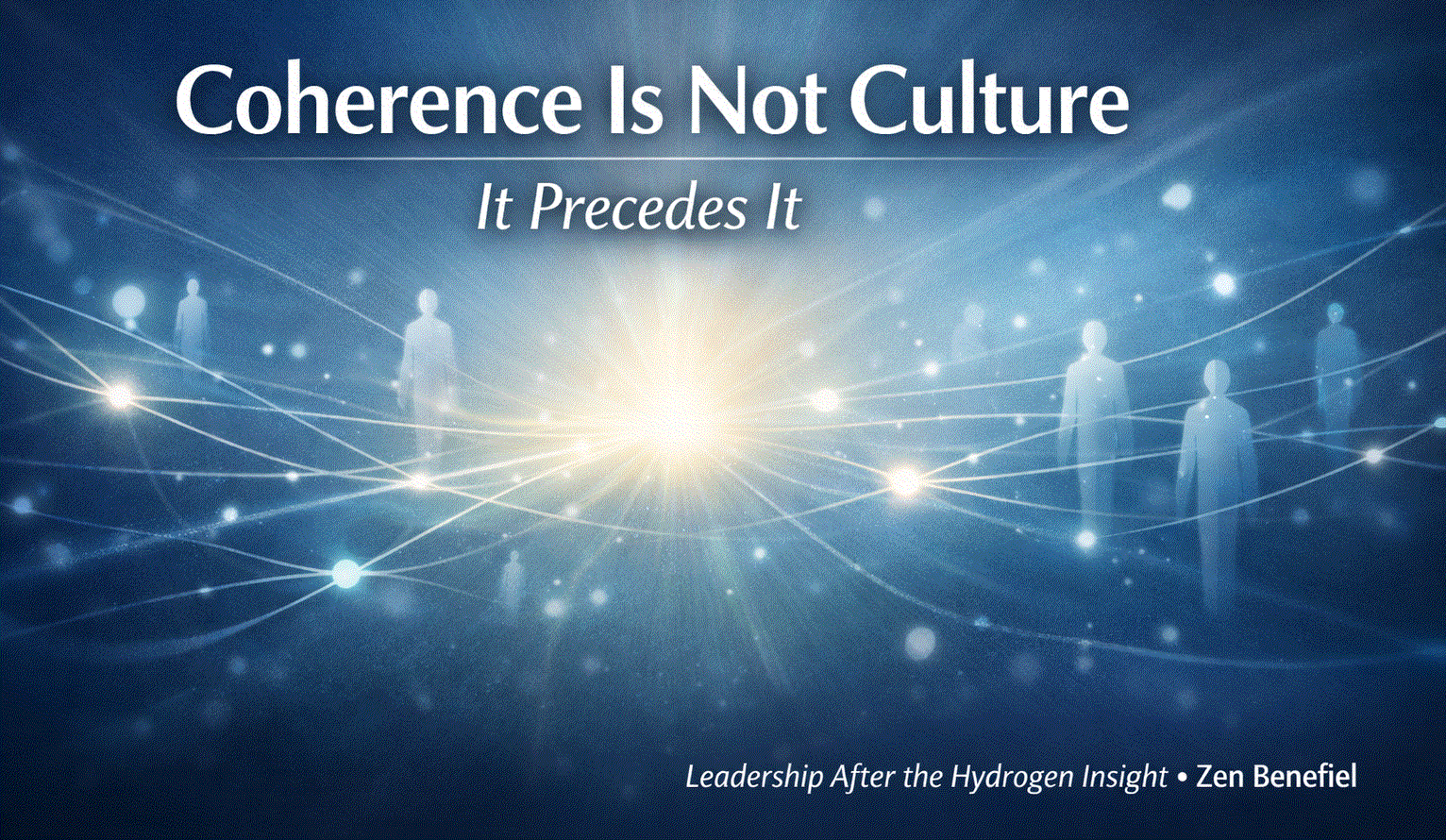Nov04

In today's business world, it's no secret that the workplace has become highly competitive. With technology and barriers to entry changing so rapidly, companies are always looking for an edge. And while some may argue that a company's technological advancements or strategic positioning give them an advantage, the truth is that those factors alone are no longer enough in this new world. The key to success in today's business world is understanding personality traits and how they can affect workplace performance.
What are Personality Traits?
Personality traits are "consistent patterns of thoughts, emotions, and behaviors." In other words, they're the things that make us who we are. And while our personality traits might not seem like they have much to do with our professional lives, the truth is that they can significantly impact our ability to succeed in the workplace.
There are four main categories of personality traits: extraversion, agreeableness, conscientiousness, and emotional stability. And while each of us falls into one or more of these categories, it's essential to understand that we all fall somewhere on a spectrum. That means that there is no right or wrong answer when it comes to personality traits. Instead, it's about understanding where you fall on the spectrum and using that information to your advantage.
How Personality Traits Affect Workplace Performance
Extraversion: Extraversion is all about outgoingness and social interactions. Those who fall on the extraverted side of the spectrum tend to be more comfortable working in team settings and often excel at networking. If you're looking to advance your career, being extraverted can give you a leg up. However, it's important to remember that being extraverted doesn't mean you have to be extroverted all the time. It's okay to step out of your comfort zone occasionally and challenge yourself to interact with people even if you don't feel like it.
Agreeableness: Agreeableness is all about getting along with others. Those who fall on the agreeable side of the spectrum tend to be more cooperative and less likely to experience conflict in the workplace. If you frequently disagree with co-workers or boss, being more agreeable could help you find common ground and improve your relationships. However, it's important to remember that being agreeable doesn't mean you always have to agree with others. It's okay to stand your ground when you believe strongly in something—ensure you do so respectfully.
Conscientiousness: Conscientiousness is all about being reliable and organized. Those who fall on the conscientious side of the spectrum tend to be punctual, detail-oriented, and able to stay calm under pressure. If you find yourself constantly forgetting deadlines or struggling to stay organized, being more conscientious could help you get ahead. However, it's important to remember that being conscientious doesn't mean you have to be always perfect. It s okay to cut yourself slack every once in a while and recognize that nobody's perfect.
Emotional Stability: Emotional stability is all about managing emotions effectively. Those who fall on the emotionally stable side of the spectrum tend to get along well with others, handle stress well, and stay levelheaded under pressure. If you become easily agitated or angered by coworkers feeling overwhelmed by stress, being more emotionally stable could help improve your relationships and make it easier for you to cope with challenges. However, don't try to repress your emotions altogether. Acknowledging your feelings is an essential part of managing them effectively.
By taking the time to understand your personality traits and how they can affect your work performance, you can put yourself in a better position to excel at work—regardless of how competitive the landscape may be.
By Dean Miles
Keywords: Business Continuity, Mental Health, Startups
 Succession Planning is Hard because it’s Identity, Structure, and Systems All at Once
Succession Planning is Hard because it’s Identity, Structure, and Systems All at Once The Corix Partners Friday Reading List - February 13, 2026
The Corix Partners Friday Reading List - February 13, 2026 The Questioning Leader: Rethinking How We Learn, Listen, and Lead
The Questioning Leader: Rethinking How We Learn, Listen, and Lead The Straight Story of Leadership: Purpose, Patience, and Presence
The Straight Story of Leadership: Purpose, Patience, and Presence Coherence Is Not Culture — It Precedes It
Coherence Is Not Culture — It Precedes It